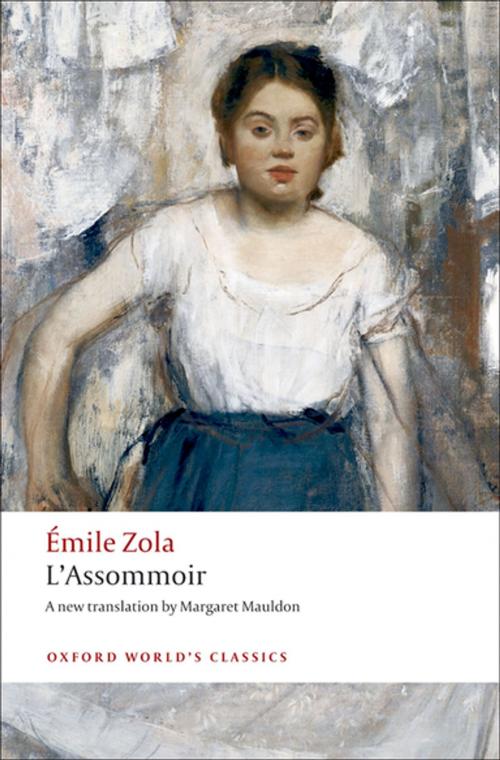| Author: | Émile Zola | ISBN: | 9780192593184 |
| Publisher: | OUP Oxford | Publication: | January 29, 2009 |
| Imprint: | OUP Oxford | Language: | English |
| Author: | Émile Zola |
| ISBN: | 9780192593184 |
| Publisher: | OUP Oxford |
| Publication: | January 29, 2009 |
| Imprint: | OUP Oxford |
| Language: | English |
The seventh novel in the Rougon-Macquart cycle, L'Assommoir (1877) is the story of a woman's struggle for happiness in working-class Paris. It was a contemporary bestseller, outraged conservative critics, and launched a passionate debate about the legitimate scope of modern literature. At the centre of the novel stands Gervaise, who starts her own laundry and for a time makes a success of it. But her husband Coupeau squanders her earnings in the Assommoir, the local drinking shop, and gradually the pair sink into poverty and squalor. L'Assommoir is the most finely crafted of Zola's novels, and this new translation captures not only the brutality but also the pathos of its characters' lives. This book is a pwerful indictment of nineteenth-century social conditions, and the introduction examines its relation to politics and art as well as its explosive effect on the literary scene. ABOUT THE SERIES: For over 100 years Oxford World's Classics has made available the widest range of literature from around the globe. Each affordable volume reflects Oxford's commitment to scholarship, providing the most accurate text plus a wealth of other valuable features, including expert introductions by leading authorities, helpful notes to clarify the text, up-to-date bibliographies for further study, and much more.
The seventh novel in the Rougon-Macquart cycle, L'Assommoir (1877) is the story of a woman's struggle for happiness in working-class Paris. It was a contemporary bestseller, outraged conservative critics, and launched a passionate debate about the legitimate scope of modern literature. At the centre of the novel stands Gervaise, who starts her own laundry and for a time makes a success of it. But her husband Coupeau squanders her earnings in the Assommoir, the local drinking shop, and gradually the pair sink into poverty and squalor. L'Assommoir is the most finely crafted of Zola's novels, and this new translation captures not only the brutality but also the pathos of its characters' lives. This book is a pwerful indictment of nineteenth-century social conditions, and the introduction examines its relation to politics and art as well as its explosive effect on the literary scene. ABOUT THE SERIES: For over 100 years Oxford World's Classics has made available the widest range of literature from around the globe. Each affordable volume reflects Oxford's commitment to scholarship, providing the most accurate text plus a wealth of other valuable features, including expert introductions by leading authorities, helpful notes to clarify the text, up-to-date bibliographies for further study, and much more.















